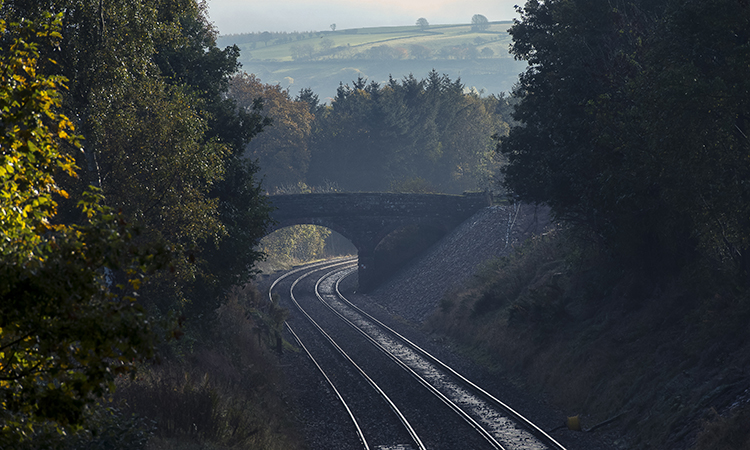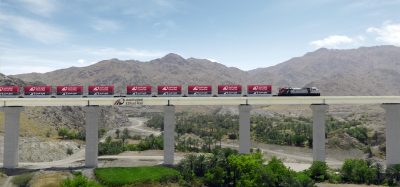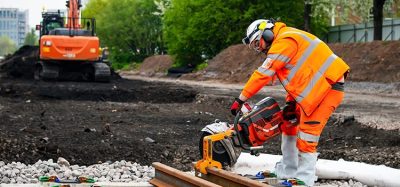ORR publish assessment of Network Rail’s plans over the next five years
Posted: 15 June 2023 | Elliot Robinson (Editorial Assistant - Global Railway Review) | No comments yet
ORR’s assessment of Network Rail’s plans focusses on the need for better train performances and prioritising spend on core assets.


Credit: Network Rail
The Office of Rail and Road has set out its assessment of Network Rail’s plans for spending £44.8 billion for Britain’s rail network (£40.0 billion for England and Wales, £4.8 billion for Scotland) from April 2024 to March 2029 – the period known as Control Period 7 (CP7).
In its draft determination, ORR said that while Network Rail’s plans largely deliver against the UK and Scottish governments’ priorities, a greater focus is needed on train performance and renewing core assets. Better train performance will benefit passengers and freight customers, while core assets like track, structures and earthworks need to be resilient – especially with the challenges presented by climate change.
ORR recognises that Network Rail’s CP7 plans for England & Wales and the interim plan for Scotland, were produced to challenging timescales and continue to evolve. However, ORR will require more detail on certain key areas of the plans before they issue their final determination in October.
Related content you will enjoy:
ORR welcomes progress by rail industry in training staff to support disabled passengers
GTR to operate Class 717 fleet with in-cab digital signalling
The published assessment proposals include:
- Train performance: ORR will introduce specific targets that are more challenging than those proposed in Network Rail’s plans. ORR’s proposals will require improved punctuality and reliability in services for passengers and freight customers. ORR also proposes that dedicated funding is reserved to further support train performance improvement. Delivering these performance targets will be challenging and will require Network Rail to work closely with train operators to ensure they deliver their own committed improvements.
- Renewing the railway: ORR proposes that Network Rail increases spend on core assets for the GB rail network by £600 million. This would be funded by rephasing or reprioritising expenditure from areas ORR considers of lower importance. It aims to ensure assets are managed sustainably to better deliver on safety, performance, asset sustainability and efficiency.
- Risk funding: ORR proposes an increase in the financial provisions for risk so that Network Rail can respond to increased uncertainties such as severe weather and rapidly changing inflation. For England and Wales, ORR proposes that Network Rail focuses on a variant of its plan which releases significant funding for risk, taking the total risk provision to around £2 billion. This would be funded within the published budget for CP7 and so would not require further support from government or higher charges. For Scotland, Network Rail’s interim plan proposed £206 million of risk funding. ORR assessment indicates that there is room within the budget to increase this by approximately £100 million.
- Efficiency: It is vital that Network Rail continues to build on the success of recent efficiency initiatives, to help secure a financially sustainable railway and deliver value for money for passengers, users and funders of the railway. ORR has carefully reviewed Network Rail’s efficiency targets for the next five years and, drawing on a range of evidence, found these to be stretching but achievable. This would see Network Rail deliver at least £3.2 billion in England and Wales and £0.4 billion of efficiencies in Scotland.
“I’m pleased to see that Network Rail’s plans respond to government priorities and have not shirked from making clear judgements on how to deliver these within constrained budgets,” John Larkinson, ORR Chief Executive, said. “Improving performance for passengers and freight is, however, a top priority and while we acknowledge there is no easy fix, Network Rail has to be more ambitious if positive change is to happen. Our assessment is that, while the plans are generally well founded, greater investment and focus is needed on the renewal of core assets such as structures and earthworks. These are essential for a reliable and safe service for passengers and freight, particularly given the pressures from climate change.”






